What Dissuades Or Discourages New Fruit Growers
gonebananas_gw
14 years ago
Related Stories
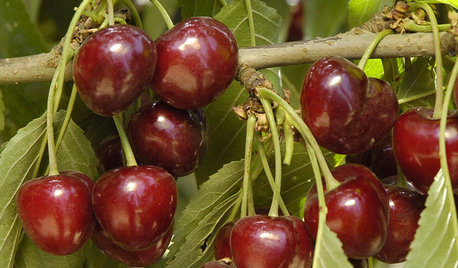
EDIBLE GARDENSHow to Grow Your Own Luscious Cherries
Nope, they’re not the easiest fruit to grow. But with spectacular blossoms and pies as possibilities, cherries are sure worth a try
Full Story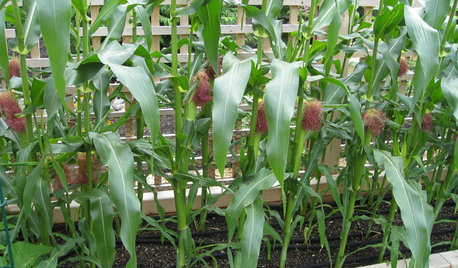
SUMMER FRUITS AND VEGETABLESHow to Grow Your Own Fresh, Sweet Corn
Here's how to plant and care for your own mini cornfield
Full Story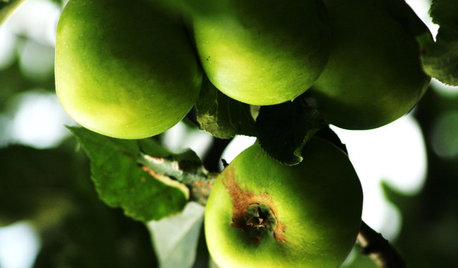
EDIBLE GARDENSHow to Add an Apple Tree to Your Edible Garden
Readily available, beautiful and fragrant, apple trees offer four-season interest along with crisp, juicy fruit
Full Story
EDIBLE GARDENSHow to Grow Your Own Sweet Summer Crops
This guide will help any gardener get started on growing the freshest warm-season veggies and berries for summer
Full Story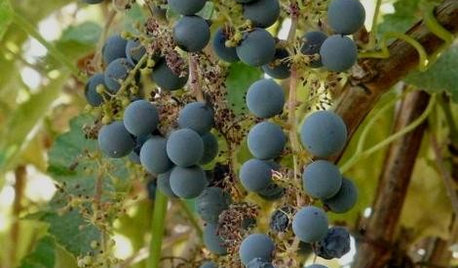
GARDENING GUIDESGreat Design Plant: Try California Wild Grape for Interest All Year
Sure, it’s stunning in fall. But the spring buds, summer grapes and gnarled winter vines are gorgeous too
Full Story
FARM YOUR YARDHello, Honey: Beekeeping Anywhere for Fun, Food and Good Deeds
We need pollinators, and they increasingly need us too. Here, why and how to be a bee friend
Full Story
GARDENING AND LANDSCAPINGBid Bad Garden Bugs Goodbye and Usher In the Good
Give ants their marching orders and send mosquitoes moseying, while creating a garden that draws pollinators and helpful eaters
Full Story
DECORATING GUIDESHemp, Hemp, Hooray! This Superplant May Be Legal Again in the USA
Hemp products are durable, sustainable, antibacterial and much more. Will the plant finally get the status it’s due in the States?
Full Story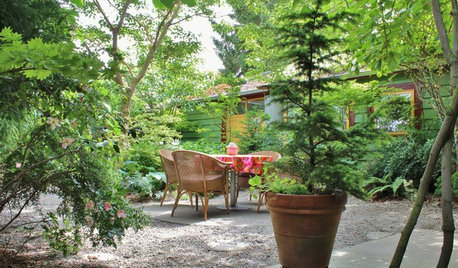
INSPIRING GARDENSFrom Concrete Lot to Gracious Organic Garden in Seattle
Plants, pests and even weeds have a place in this landscape, which offers an edible bounty and a feast for the eyes
Full Story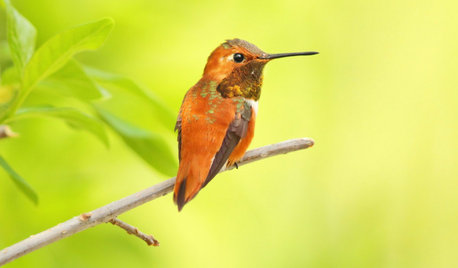
GARDENING GUIDESBackyard Birds: Invite Entertaining Hummingbirds Into Your Garden
Hummingbirds — unique to the Americas — zip through open landscapes seasonally or year-round. Here’s how to attract them
Full Story


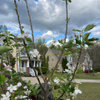

eric_wa
olpea
Related Discussions
Amateur fruit growers associations?
Q
Advice sought from rare fruit growers here- mangoes/ soursop etc
Q
Any tips from passion fruit growers in the valley
Q
edmonton fruit grower's club meeting for 2014 - when and where?
Q
MrClint
ashleysf
eskota
luke_oh
maryhawkins99
rasputinj
alan haigh
smlechten
olpea
chills71
kokopelli5a
smlechten
sautesmom Sacramento
alan haigh
Brenda K Spevak
kokopelli5a
olpea
gonebananas_gwOriginal Author
smlechten
sautesmom Sacramento
eskota
alan haigh
eskota
alan haigh
sautesmom Sacramento
alan haigh
sojay
eric_wa
gonebananas_gwOriginal Author
john_in_sc
gonebananas_gwOriginal Author
john_in_sc
olpea
john_in_sc
olpea
alan haigh
davecito
gottadance64
keepitlow
keepitlow